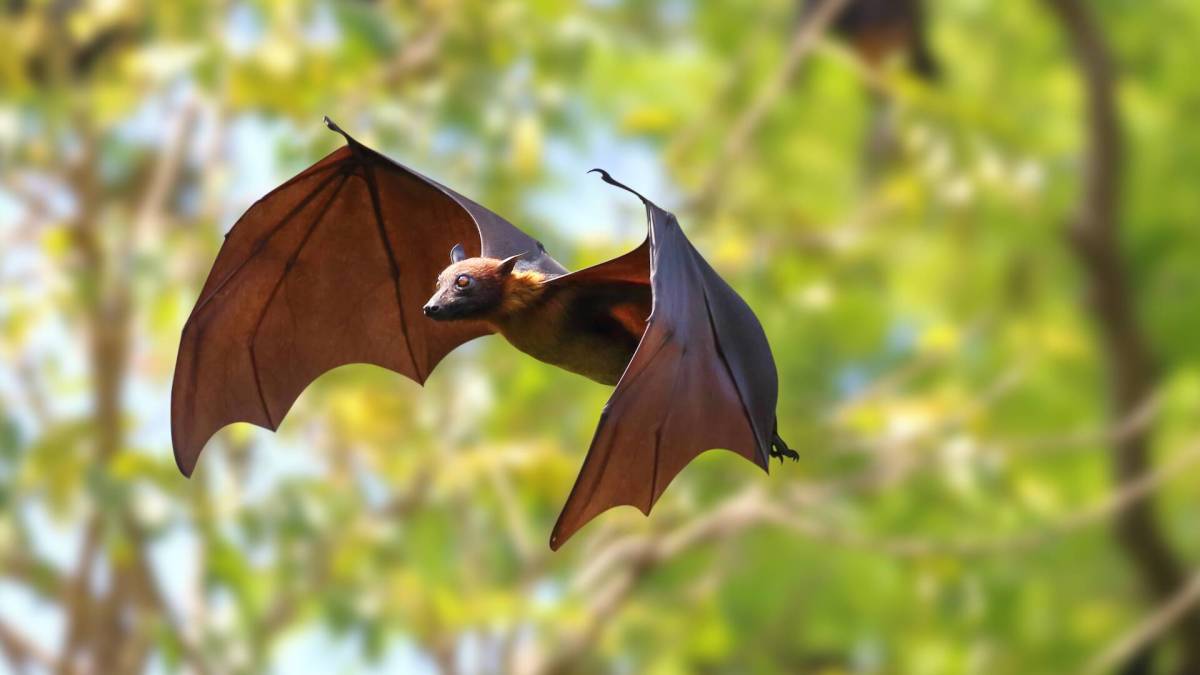Traveling and exploring are fun, but they can also be dangerous if you are not familiar with the hazards and risks of a specific territory and don’t take necessary precautions.
I love bats. Being a speleologist for 20 years, it is understandable.
No, speleologists don’t study bats. People who do that are called chiropterologists, and they are scientists who study bats’ biology, behavior, ecology, and conservation.
Related: Popular travel brand files Chapter 11 bankruptcy amid lawsuits
Speleologists, or cavers, if you prefer, explore caves and pits. They go deep below the ground; crawl through claustrophobic, narrow passages; get muddy, wet, shivering cold, and exhausted; and love it.
Yes, we are a strange sort, just like bats.
However, this strange sort gets a lot in return — that special feeling of discovery, when we are fortunate enough to find a new cave, a mysterious place where no one has ever set foot, and be the first to see spectacular cave formations that nature took millions of years to carefully design.
These beautiful caves often make homes for extraordinary, tiny creatures — the only mammals that can fly.
Interesting facts about bats:
- There are more than 1,400 species of bats.
- Disease is bats’ most significant threat, as they don’t have many natural predators.
- No bats would mean no avocados, bananas, and mangoes.
- Bats orient themselves with echolocation: They emit high-frequency sound waves (ultrasound) and then listen for the echoes that bounce back from objects around.
- Two of the most well-known and dangerous diseases bats can carry and transmit are rabies and histoplasmosis.
A bat colony recently put hundreds of Grand Teton National Park visitors at risk of disease.
Image source: Umpornmaha/Shutterstock
Hotel in Grand Teton National Park had a bat colony
The Wyoming Department of Health shared Aug. 12 it is tracking down more than 200 visitors from 38 states after a massive rabies exposure.
After a bat colony was discovered in an attic space above eight guest rooms at a historic full-service park lodge with breathtaking Teton views, Jackson Lake Lodge, National Park Service issued an alert for guests who stayed between May 5, 2025, and July 27, 2025.
While hotel staff were also in contact, it is believed they are at less risk than visitors who slept in rooms 516, 518, 520, 522, 524, 526, 528, and 530.
About 200 guests spend the night in one of those rooms in the specific period, writes Wyoming Public Radio.
More Travel Industry News:
- TSA makes key move to make flying easier for parents
- Common TSA security practice comes under political fire
- Alaska Air to launch two new flights to popular European destinations
After eight guests reported seeing bats since June, the lodge closed all eight rooms on July 27.
According to Teton County Public Health Department Director Travis Riddell, it is highly unlikely that one bat has been wandering around through the same space several times, suggesting that there’s a chance of a bat colony there.
“Although there were a lot of people exposed in this incident, one positive about it is that we know who 100% of those people are,” Riddell said. “People in the community in general don’t need to be concerned about this particular incident.”
Rabies fatal without treatment, bites often unnoticeable
Rabies is a fatal disease, and once neurological symptoms appear, in 99.99% of the cases, there’s nothing that can be done to prevent death. About 59,000 people die each year from rabies, with 95% of cases occurring in Africa and Asia, according to the World Health Organization.
For any chances of survival, medical treatment should be provided before symptoms start. Less than 20 people in the world have survived symptomatic rabies, thanks to a heavy medical protocol that involved induced coma.
Rabies is transmitted through the saliva of an infected animal, either through a bite or scratch. Prevention of rabies, and immediate vaccination upon exposure to the virus, are crucial.
Related: US government issues major travel advisory for an entire continent
Fortunately, though, it is estimated less than 1% of all bats in the wild are infected with rabies, according to the United States Geological Survey.
Bat bites or scratches are particularly tricky because they can be so small that most people don’t notice them. The time from the initial exposure (bite or scratch) to the appearance of rabies symptoms can be weeks to months.
A recent case of a British woman who died on June 11 after being scratched while petting a street puppy on holiday to Morocco in February has shaken the country, and the medical community urged caution.
Bat run-ins are frequent this time of year with Teton County’s public health department getting several calls each week from people concerned about rabies.
“The chances of even one of [the bats] having rabies or having been exposed to rabies is low, but to me the death of one person because of something that we could have otherwise prevented is not acceptable,” Riddell said.
State Health Officer Alexia Harrist said that anyone who stayed in those rooms should contact their local or state health department to help determine if starting the costly vaccine process is required.
Not everyone who stayed there will need post-exposure treatment.
Key Takeaways:
- Rabies is a deadly disease, and 99.99% of people die if they are not treated before the first symptoms start.
- Rabies is transmitted through saliva.
- Seeing a bat flying doesn’t mean potential rabies exposure.
- Less than 1% of all bats in the wild are infected with rabies.
- Bats’ bites and scratches are often so small that many people don’t notice them.
- Deep sleepers won’t know if they have been bitten or scratched by a bat while sleeping.
- If you have been exposed to rabies, medical attention is urgently required.
Per the report, this is the country’s first massive exposure event since 2017, when more than a dozen people received treatment after a bat colony was discovered at one ranch.
(The Arena Group will earn a commission if you book a trip.)
Make a free appointment with TheStreet’s Travel Agent Partner, Postcard Travel, or email Amy Post at amypost@postcardtravelplanning.com or call or text her at 386-383-2472.



















